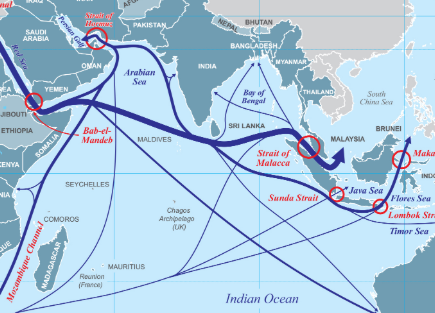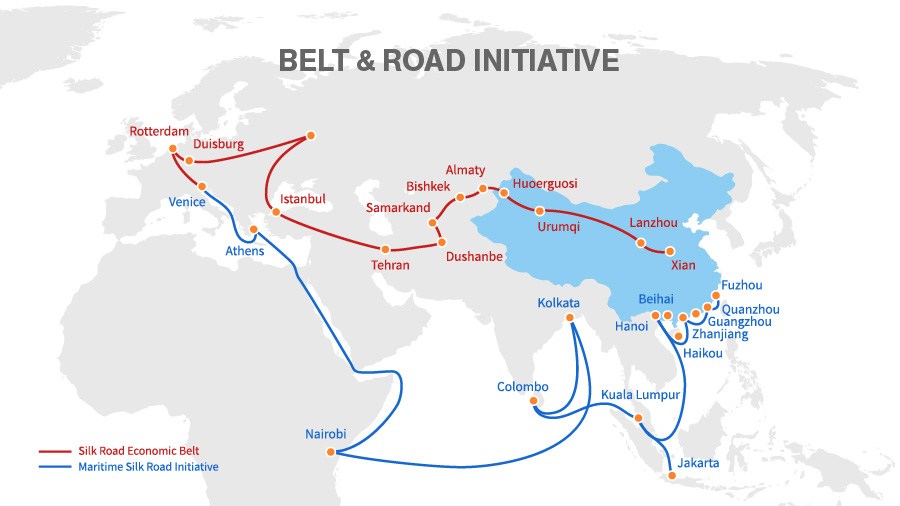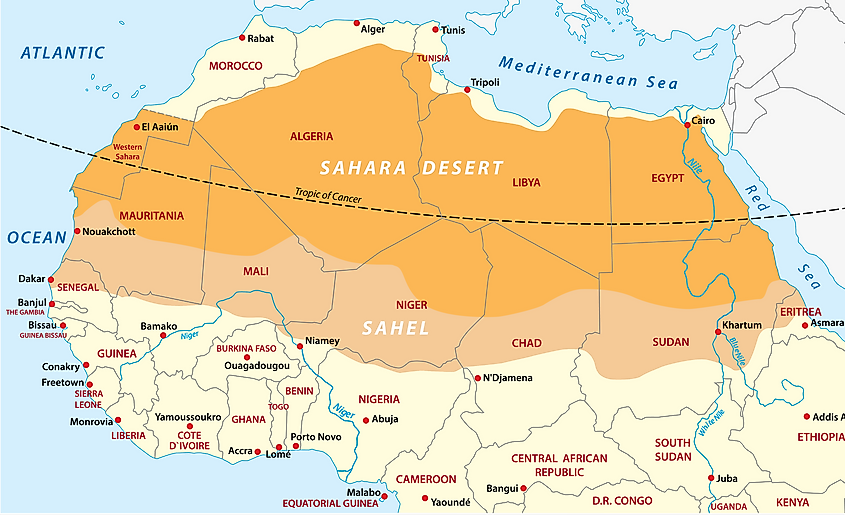India Africa Defence ties
2022 NOV 2
Mains >
International relations > India and Global Regions > Political geography
IN NEWS:
- The India-Africa Defence Dialogue (IADD) was held on the sidelines of DefExpo 2022 in Gandhinagar, Gujarat.
- In recent years, India has emerged as a leading defence exporter and may fulfill Africa's maritime, aerospace and defence requirements, with Mauritius, Mozambique and Seychelles becoming the major buyers of Indian arms during 2017-2021, said a report by India Exim Bank.
MORE ON IADD:
- The first-ever India-Africa Defence Ministers Conclave was held in Lucknow in conjunction with DefExpo in February, 2020.
- ‘Lucknow Declaration’ was adopted at the end of the conclave and India proposes to institutionalise the IADD during successive DefExpos to be held once every two years.
- The Gandhinagar Declaration was adopted as an outcome document of IADD 2022. It proposes to enhance cooperation in the field of training in all areas of mutual interest by increasing training slots and deputation of training teams, empowerment and capability building of the defence forces of Africa, participation in exercises and humanitarian assistance during natural disasters.
- India offered fellowship for experts from African countries through Manohar Parrikar Institute for Defence Studies and Analysis.
IMPORTANCE OF INDIA AFRICA DEFENCE TIES:
- Promote peace and stability:
- Africa is a maritime neighbour of India and, therefore, is an inalienable part of India's Indian Ocean strategy. Indian naval presence in the Western Indian Ocean and the Red Sea is vital for ensuring safe and open sea lines of communication.

- Mutual benefit:
- The growing capabilities of India's indigenous defence industry and the willingness of African countries to look beyond the traditional supplier of arms has presented India and Africa with opportunities to build mutually beneficial defence partnership.
- Strategic advantage in Indian ocean:
- As East and Southern Africa are getting linked with the strategic geography of the Indo-Pacific, the geopolitical activities in this part will have a bearing on the entire Indo-Pacific region. Hence, having strong defence ties can strengthen India’s role as a net security provider.
- Ensure multipolarity:
- The great power rivalry between the West on the one hand and Russia and China on the other has emerged as a key feature of Africa's strategic landscape. India's growing presence, especially in the domain of defence and security, in the region will present African states with more opportunities while helping them avoid taking sides.
- Strengthen Indian defence sector:
- India is taking steps to increase its defence exports and emerge as a hub of defence production in the Indo-Pacific region. Eg: India is making efforts to sell the Tejas fighter aircraft to Egypt.
- Many African countries operate Russian-made weapons, and sanctions on Russia offers opportunities for India. Eg: Uganda reached out to India and signed an agreement to provide maintenance and technical support for operating Russian made Su-30 MK fighter aircraft.
- Counter Chinese expansion:
- Through efforts like Belt and Road, String of Pearls and strategic investments like military base at Djibouti, China is increasing its presence in the region. Strong defence ties between India and African nations has the potential to combat this situation.

CHALLENGES:
- Political instability:
- Africa witnessed five coups in Africa since 2021: Mali, Chad, Guinea, Sudan and Burkina Faso. Also, some African nations have non-democratic and authoritarian governments.
- Extremist elements:
- Several nations, especially those in the Sahel region are facing terrorism from some of the most violent groups. This, coupled with severe corruption in some African countries, raises the fear of Indian arms reaching the hands of non-state actors.

- China’s dominance:
- China’s deep pockets and the larger trade engagement have seen it garner far greater influence in the region than India.
- Limited access to finance:
- Several international banks have been forced to re-evaluate their businesses in Africa due to concerns about risk and profitability. This has limited Africa’s abilities in expansion of ties with the rest of the world, including India.
- Delayed project completion:
- While India has engaged Africa for long, its capacity to effect changes have been limited primarily due to lack of India’s economic capacity.
- No unified effort:
- India’s MoD so far has no dedicated agency to drive exports. Exports are left to individual corporations, like BrahMos, public shipyards and private entities.
- Ethical issue:
- Defence export is a business model the feeds on armed conflict, violence and instability. Also, several African countries are facing allegations of human rights violations. Hence, the export of arms by India could be considered as against the principle of non-violence and peaceful coexistence.
WAY FORWARD:
- Clear strategy for Africa:
- The Government has set an ambitious target to achieve exports of about Rs. 35,000 crore (USD 5 billion) in aerospace and defence goods and services by 2025. To support this, India should prepare a focused strategy for Africa.
- Continue existing efforts:
- India's defence and security cooperation with Africa and other developing countries are largely need-based and focuses on empowering through training, capacity building, and humanitarian assistance. This needs to continue.
- Investment in capacity building:
- For India to boost its defence export, it must invest in domestic capacity building, innovation, and joint collaborations.
- A separate intellectual property regime for defence related innovations can also be created.
- Encourage private players:
- Government should encourage private Indian companies to sign export deals with African countries and invest in their defence industries.
- Digital security:
- Africa's adoption of new technologies is expanding. India has advanced cyber security infrastructure, a dedicated National Cyber Security and a functional nodal agency, Computer Emergency Response Team (CERT-In). This can pave the way for cyber security to emerge as another area for cooperation.
PRACTICE QUESTION:
Q. 'There has been a marked shift in India’s approach towards defence and security cooperation with Africa'. Do you agree? Justify.


